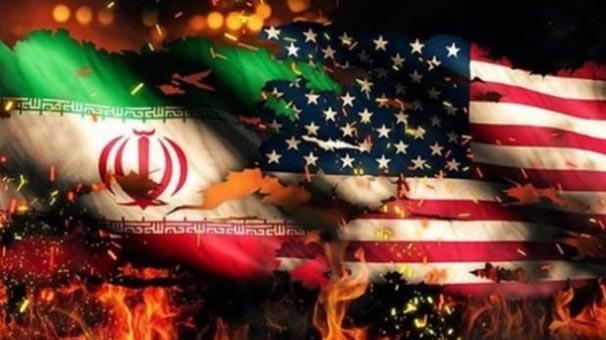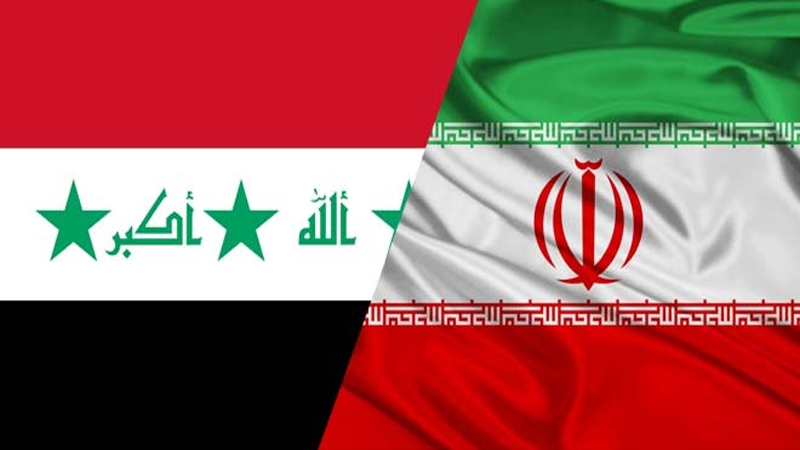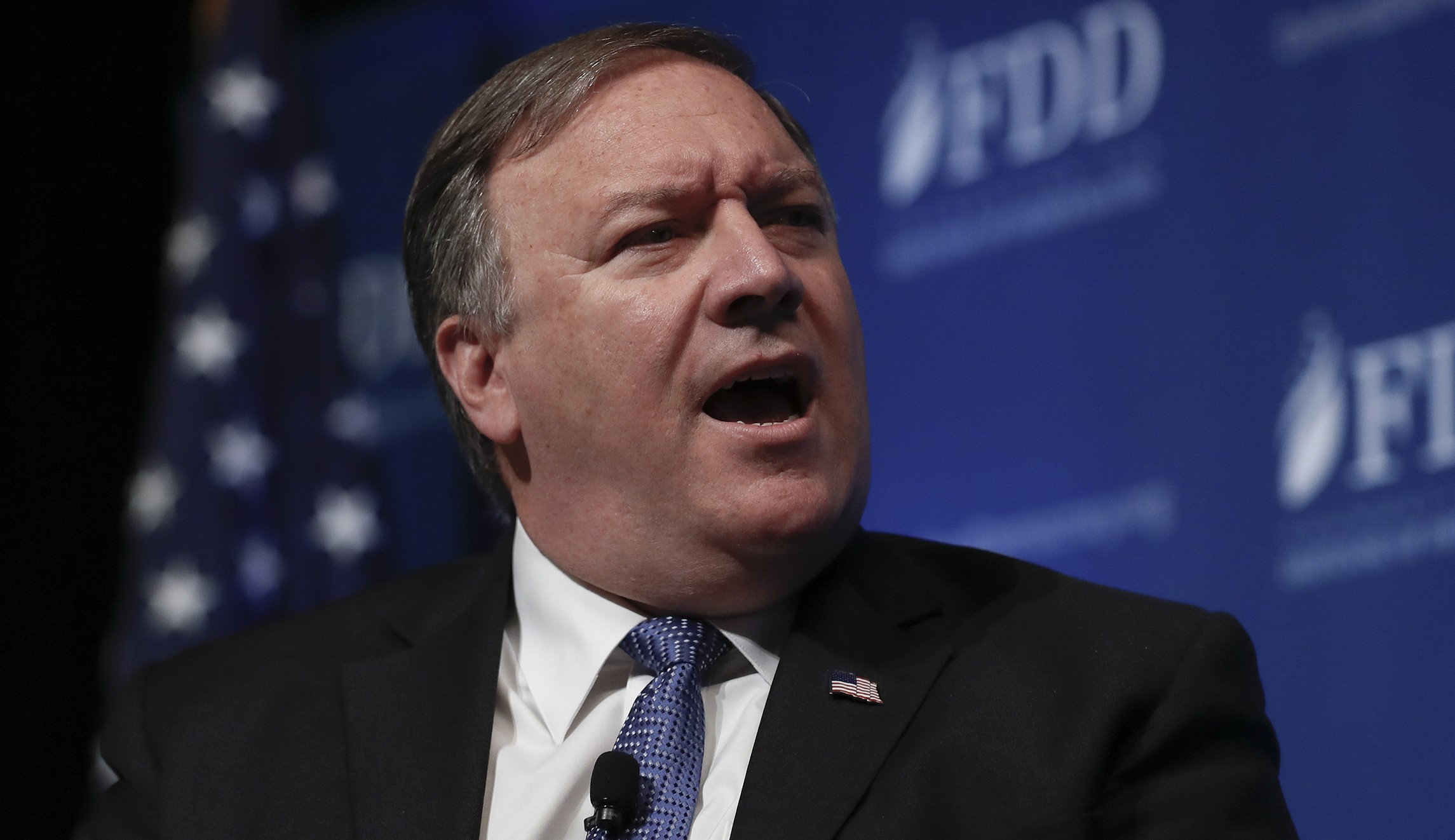Recognition of Iran’s occupation of Ahwaz essential to toppling Iranian regime, ending regional interventions: Ahwazi activist

Written by Rahim Hamid, Ahwazi freelance journalist based in the USA
International recognition of Iran’s 90-year occupation of the Arab state of Ahwaz would be a fatal blow to the Iranian regime and its regional expansionism and interventions, say liberationist activists from the Ahwaz, now a region of Iran.
Speaking at a one-day conference in Bahrain on Wednesday entitled ‘Mechanisms for Recognition of the State of Ahwaz’, organized by supporters in the Gulf kingdom, Nasser Kaabi, a representative of the Arab Struggle Movement for the Liberation of Ahwaz (ASMLA) said, “The Ahwazi cause is Iran’s real weakness. If it were recognized as a state occupied by Iran, this would be a fatal blow to the Iranian regime and to every Iranian intervention in internal affairs in regional countries.”
The conference was held in response to a proposal by Bahraini parliamentary deputies recognizing the legitimacy of the Ahwazi cause and supporting the people’s freedom and their right to defend themselves against oppression. The Bahraini parliamentarians have announced upcoming initiatives to bring the long-neglected cause to international prominence and to demand international recognition of Ahwaz as an occupied Arab state. Iranian state media have reacted furiously to this, accusing both Bahrain and Saudi Arabia of attempting to destabilize Iran’s national security after the initiative to recognize Ahwaz as an occupied state and to support and advocate for it by every legal means was submitted to the Bahraini House of Representatives and parliament.
The state of Ahwaz was annexed by Iran in 1925, with Britain supporting the annexation in exchange for oil deals with the then-Shah; over 95 percent of the oil and gas resources and one-third of the water supply claimed by Iran are located in Ahwaz. Much of the state was subsequently renamed as ‘Khuzestan’, with other parts subsumed into neighboring Iranian regions. The historic Ahwazi Arab place names were replaced with Farsi ones by the rulers, and the Ahwazi people marginalized and treated as inferior for their Arab ethnicity, punished for speaking their native Arabic language and even restricted from wearing their traditional Arab garments; these restrictions have continued to the present day and even worsened under the current theocratic regime, with Ahwazi people routinely arrested, imprisoned and often executed for such “crimes” as speaking or teaching in Arabic. Despite the region being home to the source of most of Iran’s wealth, most Ahwazis live in medieval poverty, with ethnically Iranian settlers living in ethnically homogeneous settlements forbidden to the local Arabs very like Israel’s in Palestine.
In his opening speech at Wednesday’s event, Kaabi, a member of the ASMLA’s executive committee, explained that the ethnically Iranian people in Iran make up less than half of its population, with minorities in annexed regions such as Ahwazi Arabs, Kurds in Kurdistan, Baluchis in Baluchistan, and Turks in Azerbaijan, comprising the majority. He pointed out that the tensions exacerbated by successive Iranian regimes’ overt bigotry towards minorities are weaknesses for Iran which Arab nations are aware of but have so far failed to use as means of weakening the regime. Kaabi lauded the parliamentarians proposal to recognize the Iranian occupation and acknowledge Ahwazi sovereignty and the right to independence, adding, “We hope that the other Arab states’ parliaments will follow this step by recognizing our cause of Ahwaz, and we will explore ways of implementing the initiative launched by the Bahraini Council of Representatives.”
Speaking during the event, Bahraini MP Issa Turki said that the issue of Ahwazi freedom was a just cause which had been forgotten, vowing that this situation would change following a mobilization by Ahwazi activists. The parliamentarian said that Ahwazi freedom is a truly just cause of humanitarianism and human rights which require the support and assistance of all peoples, regionally and internationally, calling on the Arab League to adopt the Ahwazi cause based on the principles of justice and humanity which are consistent with the legal principles enshrined in international law.
Other speakers at the event also gave impassioned speeches of support for Ahwaz. One of the leading speakers, the chairman of Bahrain’s Human Rights Committee, MP Mohammed Al-Marafi, telling the ASMLA representatives and all Ahwazis, “Your cause is the cause of all the Arabs. We will support you to give this issue all the legitimate channels, through the Gulf Cooperation Council, the Arab League, and the United Nations Council, and to emphasize the need to grant the Ahwazi Arab people their rights and reject the unspeakable abuses inflicted on them. We call on the international community to take notice of Ahwazi human rights; this situation affects international peace and the Kingdom of Bahrain is a leader in taking into account the rights of all peoples. Ahwaz was, in fact, a state and we support the people in order to restore their state. Every human being with the power to do so should support this and should exercise all forms of pressure on the Iranian regime, making the Ahwazi cause a central issue.”
According to sources in Bahrain, the ASMLA representatives are set to hold a number of meetings in the coming days to discuss ways of implementing the parliamentarians’ proposal to recognize Iran’s occupation of Ahwaz and to deliberate over how best to reintroduce the initiative to the country’s House of Representatives.

























